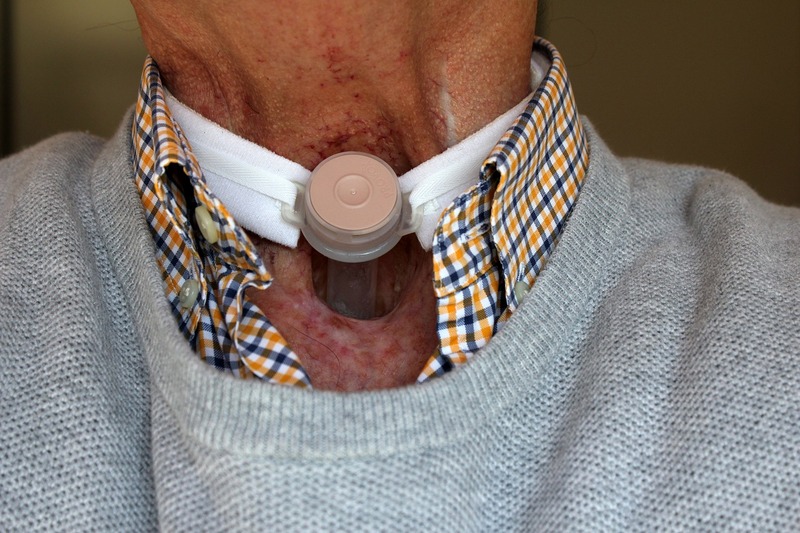DISCOVER CUTTING EDGE ORAL AND MAXILLOFACIAL PATHOLOGY RESEARCH AT QUEEN'S
Queen's University Belfast has conducted notable research in the field of oral and maxillofacial pathology, focusing on various aspects of diseases affecting the oral cavity and jaw structures. Their research encompasses investigations into the aetiology, diagnosis, and treatment of oral cancers, precancerous lesions, and other pathological conditions affecting the mouth and surrounding tissues.
Through innovative approaches such as molecular biology, immunohistochemistry, and advanced imaging techniques, researchers at Queen's University Belfast aim to enhance understanding of oral diseases, leading to improved diagnostic accuracy and treatment outcomes for patients.
Additionally, their work often explores the role of genetics, environmental factors, and lifestyle habits in the development and progression of oral diseases, contributing valuable insights to the field of oral and maxillofacial pathology.

PATHOLOGY IN ACTION
At Queen's University Belfast, digital pathology research represents a cutting-edge approach to understanding and diagnosing diseases. Researchers at the university are at the forefront of leveraging digital technologies to transform traditional pathology practices.
By digitizing tissue samples and utilizing advanced image analysis algorithms, they are pioneering new methods for rapid and accurate diagnosis of various diseases, including cancers and inflammatory conditions.
Their work involves developing innovative software tools and platforms that enable remote access to pathology slides, facilitating collaboration among experts worldwide.

PATHOLOGY IN ACTION
Moreover, Queen's University Belfast's digital pathology research is driving advancements in personalized medicine by integrating molecular and genomic data with digital pathology images, leading to more precise and tailored treatment strategies for patients. This interdisciplinary approach underscores the university's commitment to advancing healthcare through cutting-edge technology and research innovation in the field of digital pathology.
- Digital pathology and image analysis in tissue biomarker research
- Open source software for digital pathology image analysis
- General Roadmap and Core Steps for the Development of AI Tools in Digital Pathology
- Digital pathology for reporting histopathology samples, including cancer screening samples – definitive evidence from a multisite study

HEAD AND NECK CANCER
At Queen's University Belfast, researchers working on Head and Neck cancers aim to advance understanding and treatment of this complex disease. They are engaged in comprehensive studies focusing on various aspects of head and neck cancer, including its aetiology, molecular mechanisms, diagnostic methods, and therapeutic strategies.
Through interdisciplinary collaborations, they explore novel approaches such as genomic profiling, immunotherapy, and targeted therapies to improve patient outcomes and quality of life.
Moreover, Queen's University Belfast is dedicated to translational research, bridging the gap between laboratory discoveries and clinical applications, with the goal of developing more effective and personalized treatments for head and neck cancer patients.

HEAD AND NECK CANCER
- Dental caries following radiotherapy for head and neck cancer: A systematic review
- Pre-radiotherapy dental extractions in patients with head and neck cancer: a Delphi study
- Distribution and Frequency of Salivary Gland Tumours: An International Multicenter Study
- Durable complete response rates following radiotherapy and immunotherapy combination in recurrent and metastatic head and neck squamous cell carcinoma: A retrospective single-centre cohort study
- Factors that affect quality of life for older people with head and neck cancer: A systematic review
- Circulating tumour DNA kinetics in recurrent/metastatic head and neck squamous cell cancer patients
- Head and neck cancers survival in Europe, Taiwan and Japan: results from RARECAREnet Asia based on a privacy-preserving federated infrastructure

TRANSLATIONAL CANCER RESEARCH
Queen's translational cancer research is dynamic, globally collaborative and encompasses various fronts in the battle against cancer, including genetics/epigenetic research, drug design and development, immunology research, radiotherapy techniques and the study of the tumour microenvironment.
Through these multifaceted approaches, Queen's translational cancer research aims to pioneer innovative strategies for early detection, effective treatment, and ultimately, the eradication of cancer.



